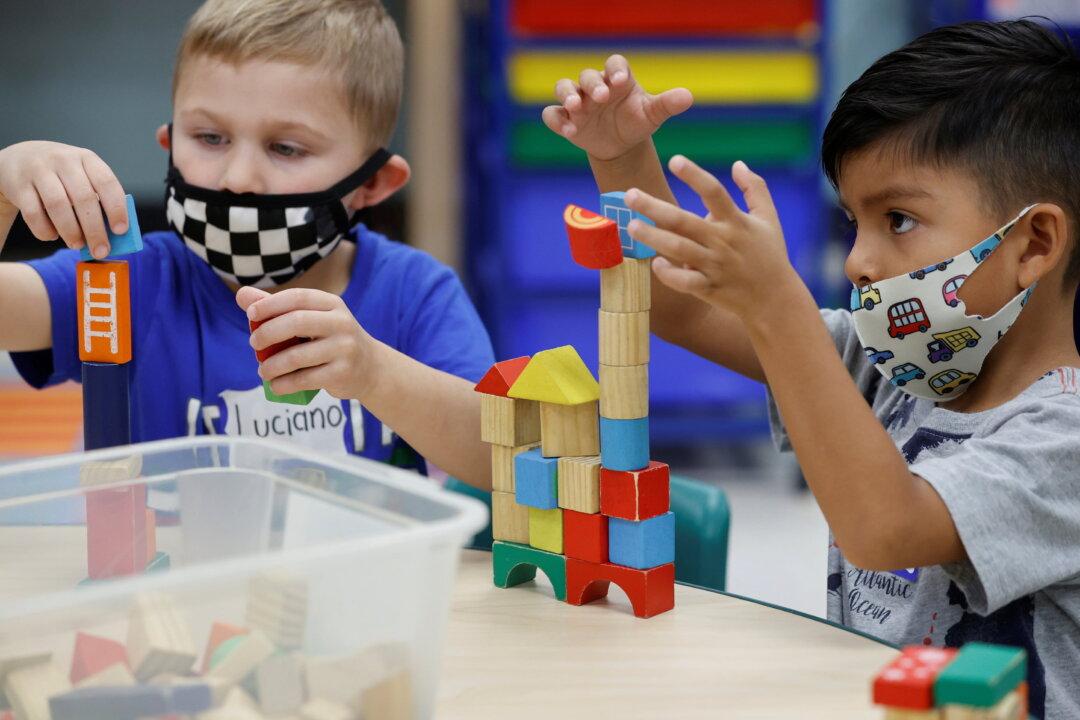Retailers are set for the strongest back-to-school shopping season on record as inflation drives up prices of clothes and supplies and more students return to physical classrooms after two years of pandemic-led disruption, a Deloitte forecast showed.
Spending is expected to jump 5.8 percent to $34.4 billion this year, Deloitte said on Thursday, citing an online survey of 1,200 parents of school-aged children.





